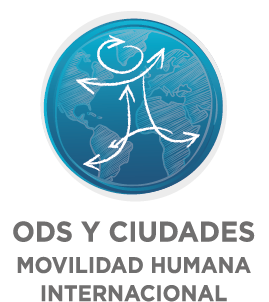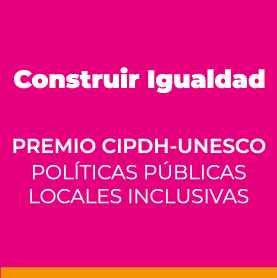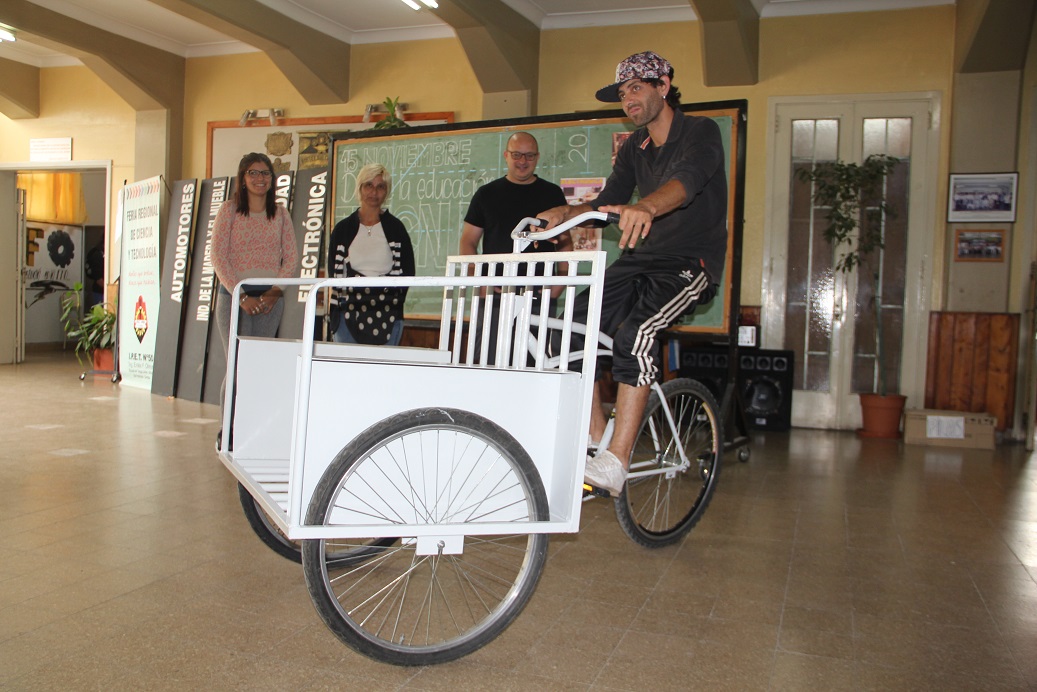
- Region
- Latin America and the Caribbean
- Range of Demographic Size
- 50,000 to 99,999 inhabitants (small intermediate)
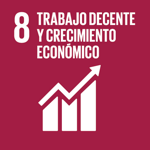
8.3 Promote development-oriented policies that support productive activities, decent job creation, entrepreneurship, creativity and innovation, and encourage the formalization and growth of micro-, small- and medium-sized enterprises, including through access to financial services.
8.4 Improve progressively, through 2030, global resource efficiency in consumption and production and endeavour to decouple economic growth from environmental degradation, in accordance with the 10-year framework of programmes on sustainable consumption and production, with developed countries taking the lead.
8.6 By 2020, substantially reduce the proportion of youth who are not employed and who do not attend studies or receive training.
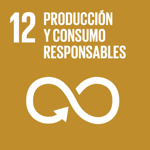
12.5 By 2030, substantially reduce waste generation through prevention, reduction, recycling and reuse.
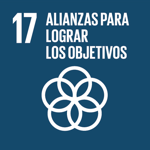
17.17 Encourage and promote effective public, public-private and civil society partnerships, building on the experience and resourcing strategies of partnerships. Data, monitoring and accountability
Universal Declaration of Human Rights (UDHR).
International Covenant on Economic, Social and Cultural Rights (ICESCR).
UN Guiding Principles on Business and Human Rights.
Summary
The Program envisages an inclusive public policy that encourages partnerships leading to drive environmentally-friendly behaviors and actions to help generate decent cooperative jobs, focused on female victims of gender-based violence and young addicts.
“Cumplí con tu papel” is a program based on the separation of paper and cardboard at schools, by means of a picking, recycling and conditioning process for subsequent sale by “La Virgencita” cooperative. Coordinated by the catholic organization Cáritas, the cooperative is made up of young people who are in drug rehab and female victims of gender-based violence. The technical schools of the city contribute to the Program by building cart bikes to carry the paper, and by training “La Virgencita” members on health and safety standards at the workplace. At the same time, several private sector companies donate the materials required to build the cart bikes, through their respective corporate social responsibility or other related areas. Finally, the Secretariat of Social, Educational & Economic Development of the Municipality of San Francisco contributes to the Program by donating bikes.
As a local public policy, the Program engages several social agents (schools, businesses, government, public sector and civil society organizations) to “do their part” and fulfill their social role in the city, encouraging the empowerment of vulnerable sectors, such as victims of violence and people in drug rehab. These goals are achieved by connecting them to a cooperative place, through their right to work and making them a valuable part of the community as urban waste pickers.
Implementation Date:
Start: 03 / 1 / 2018
End: End: Currently in force
Children and teenagers
Private sector
Society in general
Building of partnerships, networks, associations and coalitions
Creation of entity/plan/programme
|Companies
Other
News story: “En el Ipet 264 hicieron un carro de materiales reciclados para recolectores de cartón” (IPET 264 Students Built a Cart to Carry Recycled Materials for Cardboard Pickers). Available at:
- Email: prensa@sanfrancisco.gov.ar
- Web: http://www.sanfrancisco.gov.ar/
- Telephone: (+54) 03564-439111 // 439118
- Social Network:
Instrumentos

8.3 Promote development-oriented policies that support productive activities, decent job creation, entrepreneurship, creativity and innovation, and encourage the formalization and growth of micro-, small- and medium-sized enterprises, including through access to financial services.
8.4 Improve progressively, through 2030, global resource efficiency in consumption and production and endeavour to decouple economic growth from environmental degradation, in accordance with the 10-year framework of programmes on sustainable consumption and production, with developed countries taking the lead.
8.6 By 2020, substantially reduce the proportion of youth who are not employed and who do not attend studies or receive training.

12.5 By 2030, substantially reduce waste generation through prevention, reduction, recycling and reuse.

17.17 Encourage and promote effective public, public-private and civil society partnerships, building on the experience and resourcing strategies of partnerships. Data, monitoring and accountability
Universal Declaration of Human Rights (UDHR).
International Covenant on Economic, Social and Cultural Rights (ICESCR).
UN Guiding Principles on Business and Human Rights.
Location
- Region
- Latin America and the Caribbean
- Range of Demographic Size
- 50,000 to 99,999 inhabitants (small intermediate)
Contact details
- Email: prensa@sanfrancisco.gov.ar
- Web: http://www.sanfrancisco.gov.ar/
- Telephone: (+54) 03564-439111 // 439118
- Social network:


